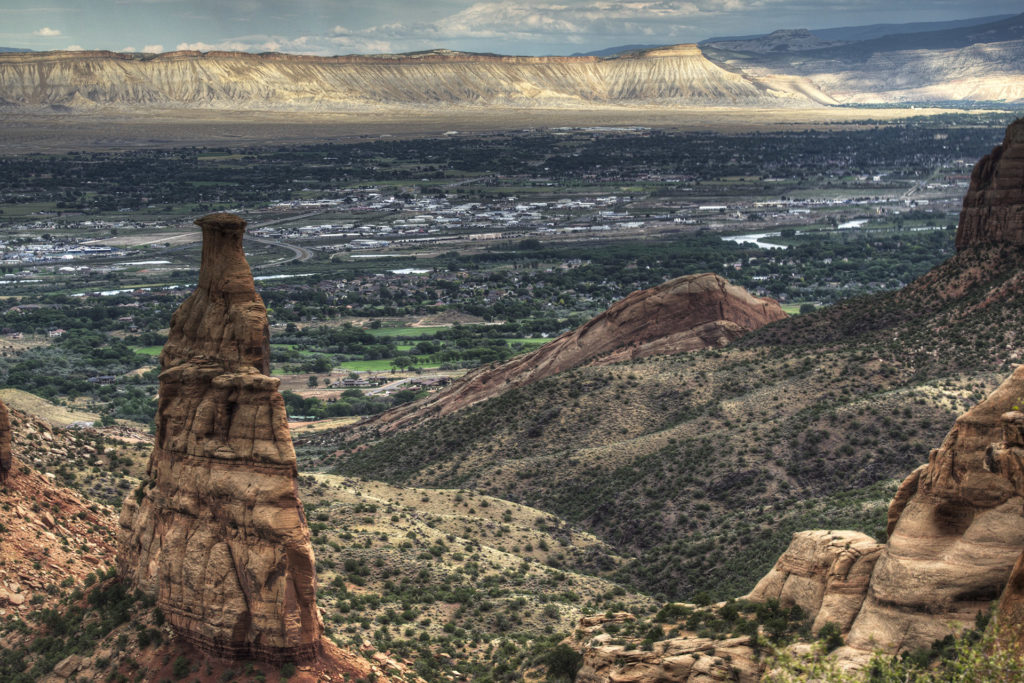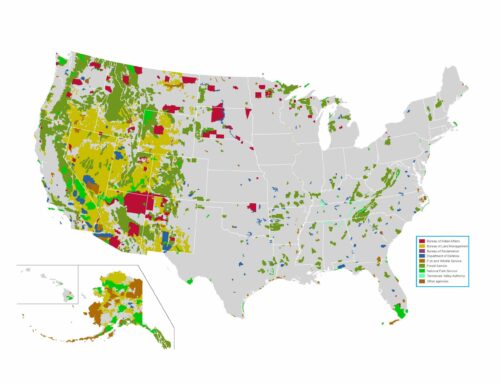by E&E Legal Senior Policy Fellow Greg Walcher
As appearing in The Daily Sentinel
Washington insiders’ opposition to moving the BLM to Grand Junction reached a new low last week. House Natural Resources Committee Chairman Raul Grijalva (D-AZ), fired another shot at the Interior Department, still trying to stop the move before it starts. The chairman’s latest letter to Interior Secretary Dave Bernhardt raised a bizarre issue, as a last resort, because none of the other arguments against the move have worked. The office space has been leased and employees have been notified that the move is proceeding as planned. Opponents are beyond desperate.
First they argued that BLM is already one of the most decentralized government agencies, which is true. That does not change the fact that people make better decisions when they live in the area, and deal with the people, most affected by their decisions. Next, Grijalva branded the move as a plan to “hand over public lands to fossil fuel companies.” As if ownership of federal lands has anything to do with where the employees live. Finally, he argued that putting BLM headquarters in Western Colorado will make it easier for local special interests to walk in the door demanding favors. That is true no matter where the headquarters is located, but there are more special interest lobbyists in Washington, D.C. than there are people in Grand Junction.
BLM employees argue that the move will weaken their influence, by making it more difficult for them to talk directly with Congress, the White House, and Interior Department bosses. One retiree confided, “I am simply afraid that if we all lived in Grand Junction, nobody in Washington would pay us any attention.” That is exactly the point. Perhaps national leaders will be forced to pay some attention to western communities like Grand Junction if they live there. Today, they are most attuned to the needs of the DC area, because they live there.






